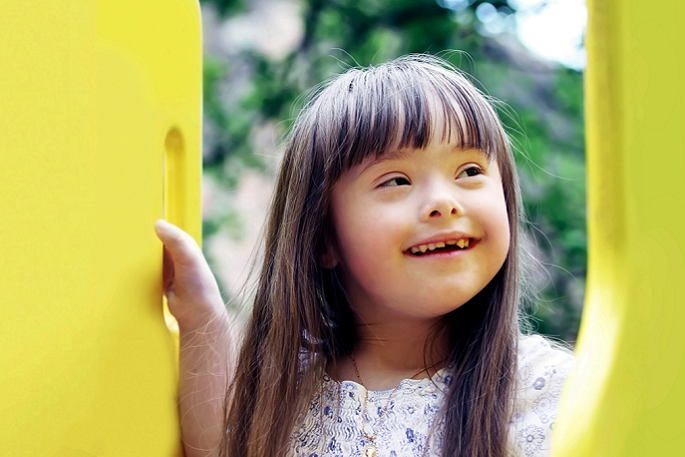IHC New Zealand is dismayed that a new Government report, billed as a “nationwide picture of the population’s health,” ignores the 47,000 people with intellectual disability in New Zealand.
Te Whata Ora Health New Zealand’s Health Status Report acknowledges that significant inequities in health outcomes exist, but it doesn’t delve any deeper.
IHC Director of Advocacy Tania Thomas says it’s critical that intellectually disabled people, who experience the worst outcomes of all New Zealanders, are counted.
“It has been 13 years since the Government has adequately reported on the health indicators people with intellectual disabilities, and that data was collected in 2008,” says Tania.
“That report told us that the life expectancy gap between the general population and intellectually disabled people was a staggering 23 years.”
In 2023, IHC released a groundbreaking report to fill in the gaps and better understand how to improve and advocate for better health outcomes for this vulnerable population.
“For the first time we have a life expectancy rate not just for the intellectually disabled population, but for the Māori intellectually disabled population,” says Tania.
“The life expectancy for a Māori man with intellectual disability is just 62, and for women it’s 63. It’s a travesty that this is below retirement age.
“It’s time for the Government to highlight, prioritise and address the unfairness of health provision in this country.”



1 comment
Hmmm
Posted on 17-03-2024 08:32 | By Let's get real
Why do we have yet another national organisation singling out one ethnicity to justify their concerns for the whole population.
I've supported their work for over 30 years now and I'm extremely disappointed to see that they compartmentalise their statistics in this way, having believed that their work was colourblind.
When an organisation that deals with clients that can and often do, have multiple health issues, separates out a group of service users for political points scoring, it could be seen in a very dark way.
IHC (or IDEA, as it has been for a very long time now) has always been a charitable organisation and to my mind, stepping so brazenly into a political grandstanding role in this way is extremely disappointing and troublesome.
Leave a Comment
You must be logged in to make a comment.